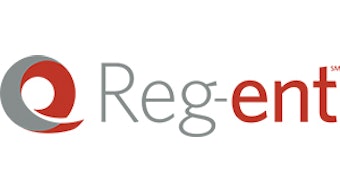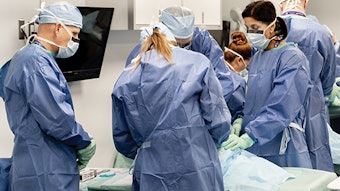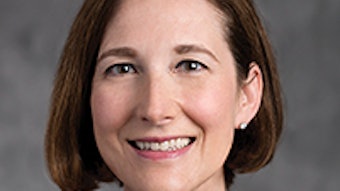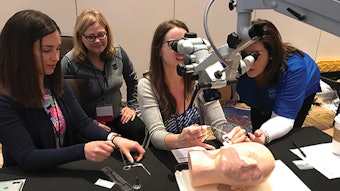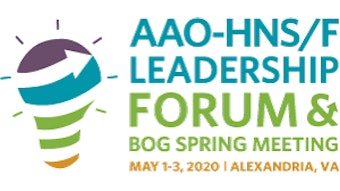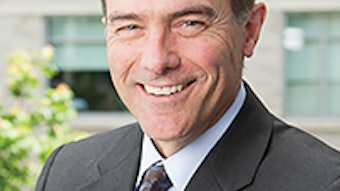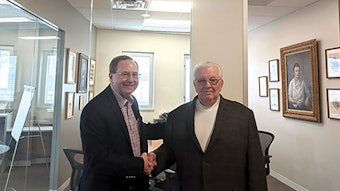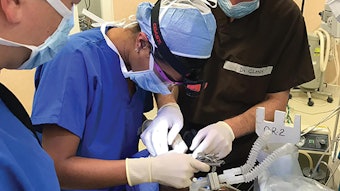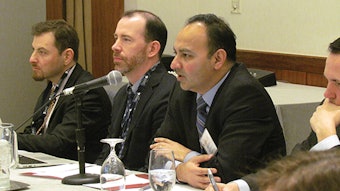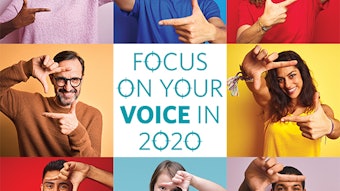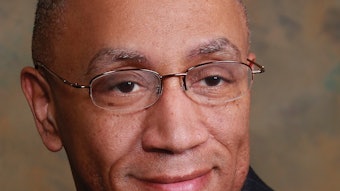The Unequivocal Role of Specialty-wide Societies in the Future
We hear the term “value” related to healthcare so frequently that it has become trite. Even so, “value” is what ultimately determines the survivability and structure of a given entity. Those who predict and provide the tools and services that their customers/members want and need successfully evolve and maintain relevance during times of disruptive change. Those who do not are ultimately replaced or become irrelevant.
 James C. Denneny III, MD, AAO-HNS/F EVP/CEO
James C. Denneny III, MD, AAO-HNS/F EVP/CEO
Medicine will be at the center of the revolutionary changes we are certain to see over the next 10 years. How care is delivered, who gets care, and how we pay for that care will be front and center following the 2020 election cycle. It will be critical to provide rational, evidence-based commentary and recommendations to the architects of the systemic changes we will all have to live with.
Who is best positioned to provide that input? For otolaryngology-head and neck surgery, it is the Academy. In this era of expanding subspecialization, some have questioned the need for and value of being a member of a specialty-wide medical association. This is particularly prevalent among those who practice exclusively within a subspecialty area. Many physicians pay dues to multiple associations representing local, state, or national medical associations as well as specialty and subspecialty societies. Declining revenue and changing employment models will force limitations on money available to spend for professional memberships and continuing education. Choices will have to be made based on the perceived benefit received from each.
How, then, can specialty societies like the Academy bring the most value to their members during the ongoing societal and healthcare system changes?
The Academy functions as the “umbrella organization” that represents both physicians and their patients across the entire spectrum of otolaryngology. This involves maintaining professional, collaborative relationships with the subspecialty societies, the American Board of Otolaryngology – Head and Neck Surgery (ABOHNS), other medical associations, federal agencies, and private payers. We must recognize that we are a small specialty and all otolaryngologists need to work together to thrive. The Academy must exercise the duty of foresight to prepare for plausible favorable and unfavorable futures and make sure otolaryngologists have the tools they need to provide the best care under whatever system emerges.
Academy leadership recognized that demonstrable quality care will be the basis of all potential successor payment systems four years ago and made a multimillion-dollar investment in our clinical data registry system, Reg-entSM. This will allow participants from all practice settings to document high-quality, high-value care while facilitating clinical research to improve and define best care for the disease processes we treat while documenting the value of our work. We have recently partnered with an outstanding data analytics firm and will be able to fully maximize the potential of this project over the next several years and ensure financial sustainability. FLEX, our replacement for the Home Study Course (HSC), will be a monthly education program providing timely materials through cutting-edge technology priced lower than the HSC. We will be providing CME for the ABOHNS continuing certification program through CERTLink® and teaming with the ABOHNS using Reg-ent on the continuing certification program.
As well as the specialty-specific quality data, clinical practice guidelines, and measures, the Academy maintains a top-notch legislative, regulatory, and private payer advocacy team that continually works for all subspecialties within otolaryngology at the state and national levels. The most frequent interventions include CMS policy, scope of practice issues, fair reimbursement, insurance coverage for new procedures, and equitable treatment for all patients. As the specialty moves to expanded office-based surgical care, it will be essential that we continue to aggressively pursue just reimbursement for our members in this area.
The Board of Directors is sensitive to the financial situation our members find themselves in and has aggressively worked to increase services while keeping dues levels as low as possible. Over the last five years, dues have increased 6.2 percent, the same as the consumer price index. Expenses during that time have dropped 8.8 percent, while services have increased. The Academy will continue to endeavor to provide the tools our members need to be successful in a cost-effective way.
Success follows preparation and hard work. The Academy is proud to represent all otolaryngologists as we successfully adapt to the changes thrust upon us.


